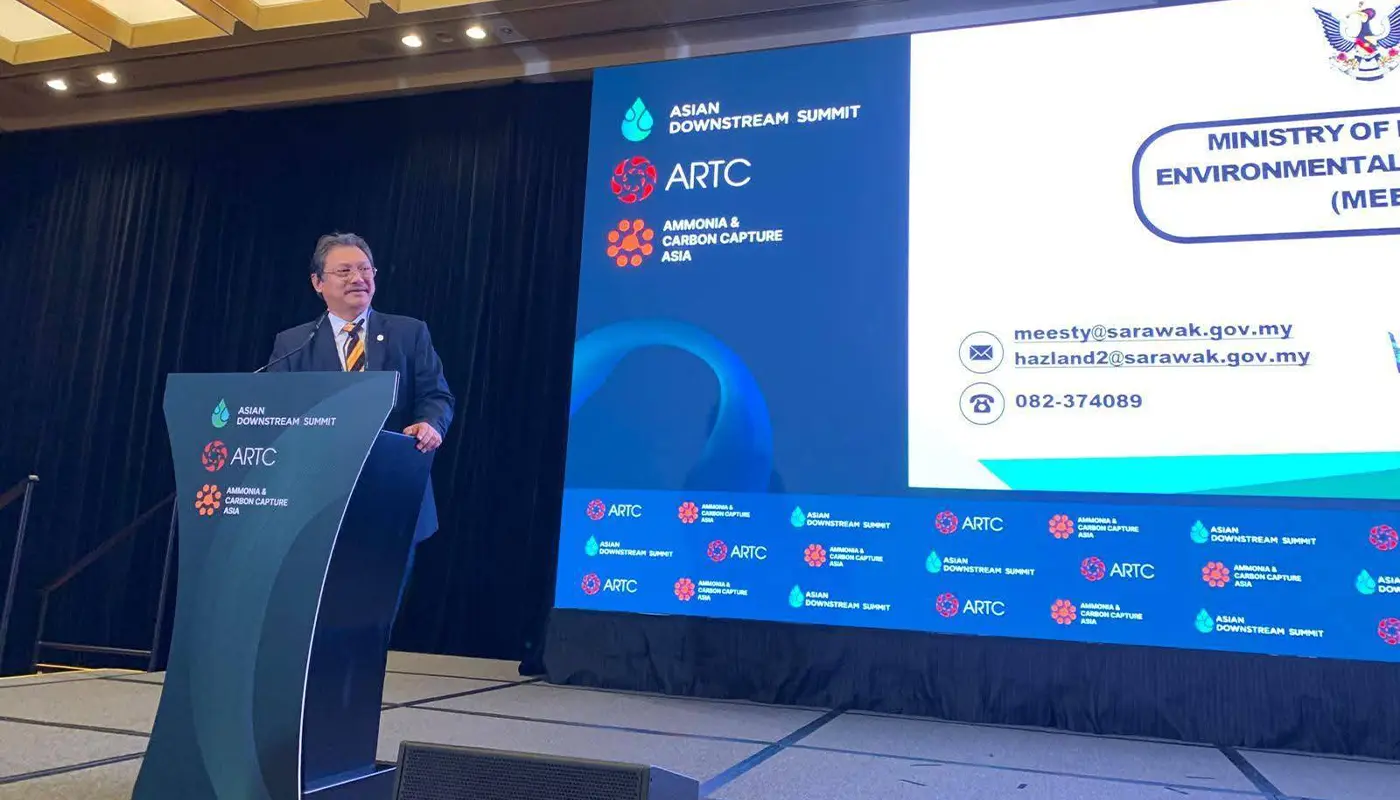SINGAPORE – Sarawak has articulated its ambition to serve as a primary clean energy source for Southeast Asia during a major international forum. The state’s vision was presented at the Singapore International Energy Week (SIEW) 2025, setting the thematic direction for regional discussions on sustainable power.
Dr Hazland Abang Hipni, Sarawak’s Deputy Minister for Energy and Environmental Sustainability, delivered the opening keynote address. He firmly restated the state’s goal of becoming the “Battery of ASEAN,” establishing itself as a central hub for renewable and sustainable energy.
The minister detailed a multi-faceted strategy underpinning this objective. This includes a continued focus on established hydropower alongside significant expansion into solar energy and biomass. A cornerstone of the plan involves the production and export of green hydrogen.
Further components of the strategy incorporate advanced technologies such as carbon capture, utilisation and storage (CCUS). The development of a robust carbon trading framework, supported by nature-based sequestration solutions, was also highlighted as a critical pillar.
Dr Hazland explained that these interconnected initiatives form the foundation of Sarawak’s comprehensive decarbonisation and energy transformation agenda. The ultimate aim is a full transition towards a green economy.
He also addressed the broader regional context, pointing to the potential creation of an ASEAN Emissions Trading Scheme (ASEAN ETS). Such a regional carbon market, he noted, would allow territories with low emissions or vast natural carbon sinks to monetise their assets through carbon credits.
The deputy minister cited concrete examples of cross-border cooperation, specifically Sarawak’s ongoing efforts to export renewable energy and green hydrogen to Singapore. This is viewed as a practical model for advancing ASEAN’s collective net-zero ambitions.
A recurring theme throughout his address was the necessity of a “just transition” to a low-carbon economy. He stressed that the process must be managed equitably, ensuring that local communities and smaller economies are supported and not disadvantaged.
With Malaysia holding the ASEAN chairmanship in 2025, Dr Hazland stated the timing is opportune to forge stronger regional carbon policy frameworks and clean energy partnerships. He identified this as a key priority during the current leadership term.
Nevertheless, he acknowledged that the principal challenge lies in the practical implementation of these plans. Navigating complex regulatory environments, securing sufficient financing, and managing technological hurdles while ensuring fair progress among all ASEAN members were cited as significant obstacles.
Despite these challenges, the deputy minister expressed strong confidence in Sarawak’s prospects. The state’s early lead in renewable energy generation and its sustained focus on sustainability are expected to attract substantial long-term international investment, solidifying its regional role.




